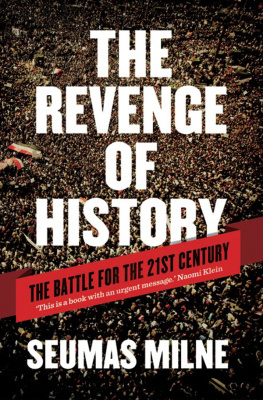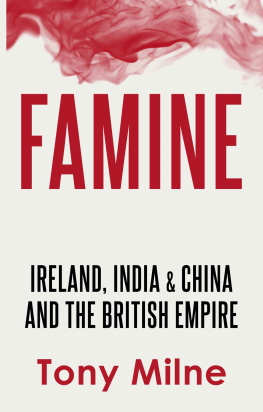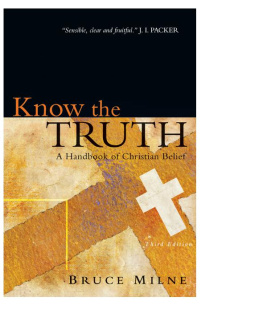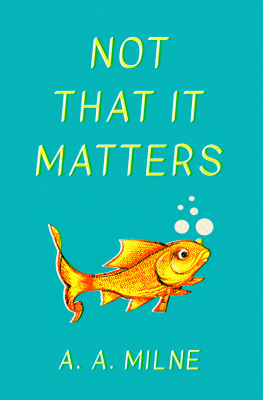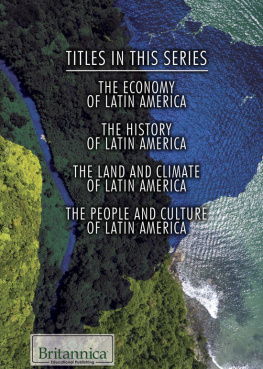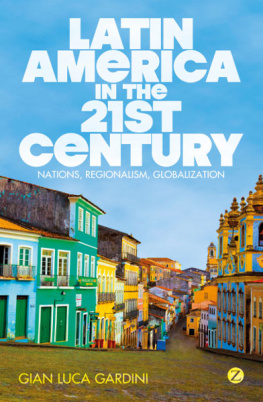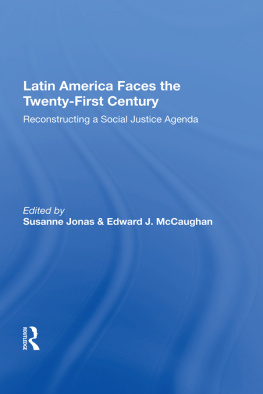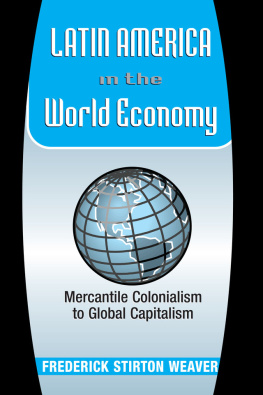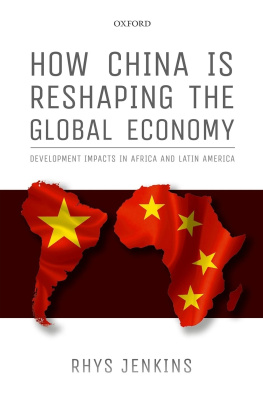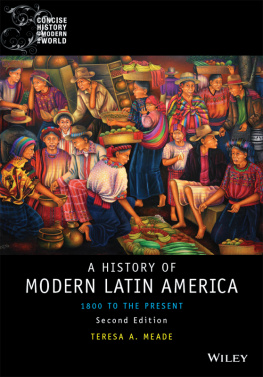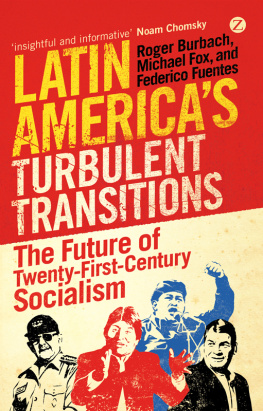
THE REVENGE OF HISTORY
THE BATTLE FOR THE TWENTY-FIRST CENTURY
SEUMAS MILNE

Contents
In the late summer of 2008, two events in quick succession signalled the end of the New World Order of unchallenged US global and economic power. In August, the US client state of Georgia was crushed in a brief but bloody war after it attacked Russian troops in the contested territory of South Ossetia. The former Soviet republic was a particular favourite of Washingtons neoconservatives. Its forces, armed and trained by the US and Israel, made up the third-largest contingent in the occupation of Iraq. Its authoritarian US-educated president had been lobbying hard for Georgia to join Nato, as part of the alliances eastward expansion up against Russias borders.
In an unblinking inversion of reality, US Vice-President Dick Cheney, echoed by Britains then foreign secretary David Miliband, denounced Russias response to Georgias onslaught as an act of aggression that must not go unanswered. Fresh from unleashing a catastrophic war on the people of Iraq, George Bush declared Russias invasion of a sovereign state to be unacceptable in the twenty-first century.
As the fighting ended, Bush warned Russia not to recognise the independence of South Ossetia and Abkhazia (as the Western powers had done in Kosovo a few months earlier). Russia ignored him and twenty-four hours later did exactly that, while US warships were reduced to sailing around the Black Sea, unable to land supplies at Georgian ports because of a risk of confrontation between US and Russian troops.
The short-lived RussianGeorgian conflict marked an international turning point. The USs bluff had been called, its military sway and credibility undermined by the war on terror, Iraq and Afghanistan. After the better part of two decades during which it had been able to bestride the world like a colossus, enforcing its will in every continent, the years of uncontested US power were over. Pumped up with petrodollars, Russia had called a halt to a relentless process of US expansion and demonstrated that its writ didnt run in every backyard. The lesson was quickly absorbed across the world.
Three weeks later, a second, still more far-reaching event threatened the very heart of the US-dominated global financial system. On 15 September, days after the US government had been forced to take over the stricken mortgage lenders Freddie Mac and Fannie Mae, the long-smouldering sub-prime-fuelled credit crisis finally erupted in the collapse of Americas fourth-largest investment bank. The bankruptcy of Lehman Brothers triggered the greatest banking crash since 1929 and engulfed the Western world in its deepest economic crisis since the 1930s.
The first decade of the twenty-first century shook the international order to its foundations, turning the received wisdom of the global elites on its head and 2008 was its watershed. With the end of the cold war, the great political and economic questions had all been settled, we were told. Liberal democracy and free-market capitalism had triumphed, while socialism had been consigned to history. Political controversy would now be confined to arguments about culture wars and tax-and-spend trade-offs. The market would settle the rest.
In 1990, George Bush Senior inaugurated what he hailed as a New World Order, based on uncontested US military supremacy and Western economic dominance.
But between the assault on New Yorks Twin Towers in 2001 and the fall of Lehman Brothers seven years later, that global order had crumbled. Two factors were crucial. By the end of a decade of continuous warfare, the US had succeeded in exposing the limits, rather than the extent, of its military power. And the neoliberal capitalist model that had reigned supreme for a generation had crashed in spectacular fashion, rejected across large parts of the world.
It was the reaction of the US to 9/11 that paradoxically ended up undermining its own international authority and the sense of invincibility of the worlds first truly global empire. As a rule, terrorism in its proper sense as opposed to popular armed resistance isnt just morally indefensible. It also doesnt work, in the sense of achieving its own objectives. But the wildly miscalculated response of the Bush administration turned the atrocities in New York and Washington into perhaps the most successful terror attack in history.
Not only did Bushs war on terror fail on its own terms, spawning terrorists across the Muslim world and beyond, while its lawless savagery and campaign of killings, torture and kidnapping comprehensively discredited Western claims to be global guardians of human rights in the process. But the US-British invasions of Afghanistan and Iraq that were its centrepiece the latter on a flagrantly false pretext also dramatically revealed the inability of the global behemoth to impose its will on subject peoples prepared to fight back.
That became a strategic defeat for the US and its closest allies, paid for at a cost of hundreds of thousands of lives. The demonstration of US military overreach, in Iraq in particular, strengthened the hand of those prepared to defy Americas will at both a regional and global level. Russias decisive response to Georgias assault on South Ossetia confirmed the shift and marked the end of unchecked US unilateralism.
This passing of the unipolar moment, driven home by the exposure of the limits to US power, was the first of four decisive changes that transformed the world during the first ten years of the new millennium in some crucial ways for the better. The second was the fallout from the financial crash of 2008 and the profound crisis of the Western-dominated capitalist order it unleashed, speeding up the relative decline of the US in the process. This was a crisis that had been made in the US and deepened by the vast cost of its multiple wars. And its most devastating impact was on those economies whose elites had bought most enthusiastically into the neoliberal orthodoxy of deregulated financial markets and unfettered corporate power including those of Britain, the US and the European Union.
A voracious model of capitalism forced down the throats of the world for a generation as the only viable way of running a modern economy, at a cost of ballooning inequality and disastrous environmental degradation, had been discredited and only rescued from collapse by the greatest global state intervention in history. The baleful twins of neoconservatism and neoliberalism that held the world in their grip at the start of the century had been tried and tested to destruction.
The failure of both accelerated the rise of China, the third epoch-making change of the early years of the twenty-first century. Not only did the countrys dramatic growth take hundreds of millions out of poverty and more than halve the economic gap with the US in the decade, but its still state-driven investment model allowed it to ride out the first few years of the Wests slump without even a slowdown, making a mockery of neoliberal market orthodoxy.
At the same time Chinas rapid expansion began to create a new centre of power in the emerging multipolar world that increased the freedom of manoeuvre for smaller states, squeezed by the absence of any alternative centre of power to the US and its allies since the end of the cold war. Carrying out more than half its trade with developing economies, China became a motor of growth for the global south, while the traditional masters of the world economy continued to be mired in crisis.
That profound shift in turn widened the space for the tide of progressive social change that swept Latin America the fourth global advance that shaped the opening of the new century. Driven by the regions dismal early experience of neoliberalism and US absorption in the war on terror, radical socialist and social-democratic governments were propelled to power across the region, attacking economic and racial injustice, carving out a new regional independence, challenging US domination and taking back resources from corporate control. Two decades after we had been assured there could be no alternatives to neoliberal capitalism, Latin Americans were creating them in the twenty-first century.
Next page
